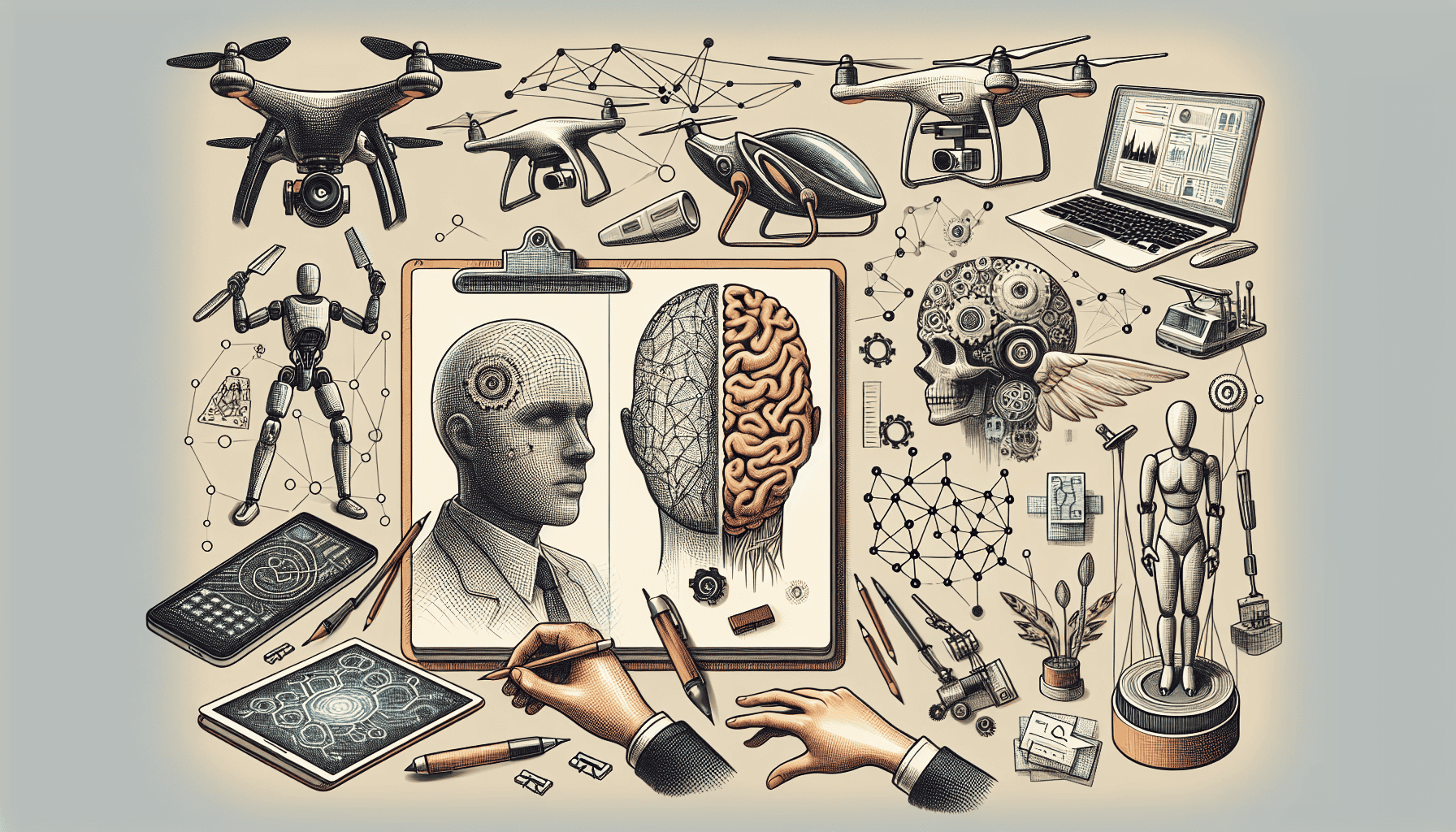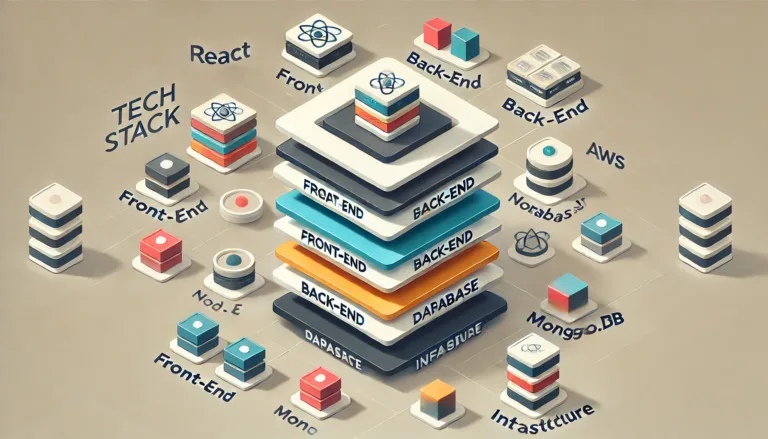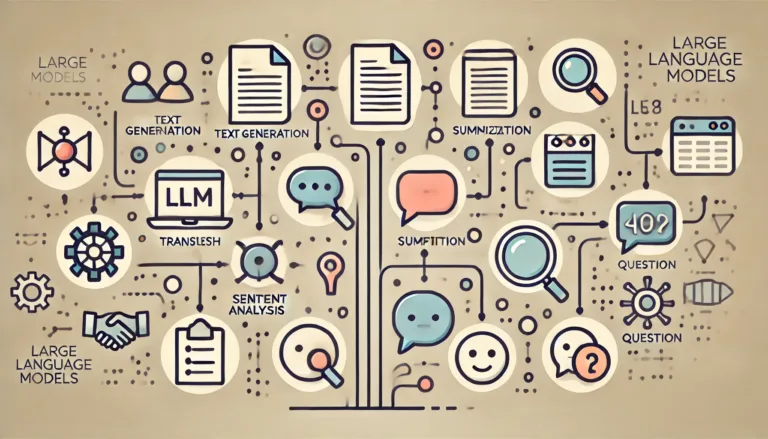Cool AI Project Ideas
Beginner Level Projects
Starting with beginner projects can help you build a solid foundation in artificial intelligence. Here are a couple of ideas to get you rolling:
- Fake News Detector: Build a fake news detector using a pre-trained machine learning model like BERT. It can classify news as real or fake, helping stop misinformation from spreading. This project is a great way to get familiar with natural language processing (ProjectPro).
- Sensitive Content Detector: Create a sensitive content detector using machine learning to filter inappropriate or sensitive content in images, videos, or text. This project is commonly used on social media platforms and helps you understand content moderation techniques.
For more beginner-friendly project ideas, check out our list of beginner programming projects.
Intermediate Level Projects
Once you’ve got the basics down, you can move on to more challenging projects. Here are some intermediate-level AI project ideas:
- Disease Diagnosis Model: Develop an AI model for disease diagnosis by analyzing medical images like X-rays or MRIs using deep learning techniques. This project can potentially improve healthcare processes and is a great way to get hands-on experience with medical imaging (CareerFoundry).
- Object Detection System: Create an object detection system to identify classes of objects within an image using computer vision techniques. This project demonstrates skills in computer vision and is applicable in various fields like surveillance and automation.
For more ideas at this level, explore our data science project ideas and machine learning project ideas.
Advanced Level Projects
For those ready to tackle complex challenges, advanced AI projects offer an opportunity to dive deep into sophisticated technologies. Here are some ideas:
- AI for Customer Service: Leverage AI for customer service to manage higher support volumes while maintaining customer satisfaction and building loyalty. This project involves building chatbots or virtual assistants to handle customer queries.
- AI Tools for Efficiency: Develop AI tools that enhance agent efficiency and productivity by simplifying workflows, handling requests, and automating repetitive tasks. This project can significantly improve operational efficiency in various business settings.
For more advanced projects, consider looking into robotics project ideas and database project ideas.
| Project Level | Project Idea | Key Learning Area |
|---|---|---|
| Beginner | Fake News Detector | Natural Language Processing |
| Beginner | Sensitive Content Detector | Content Moderation |
| Intermediate | Disease Diagnosis Model | Medical Imaging, Deep Learning |
| Intermediate | Object Detection System | Computer Vision |
| Advanced | AI for Customer Service | Customer Experience, Chatbots |
| Advanced | AI Tools for Efficiency | Workflow Automation |
For more specific programming languages, you can also explore our python project ideas, java project ideas, and javascript project ideas.
Ethical Considerations in AI
When you’re diving into your artificial intelligence project ideas, it’s super important to keep ethical considerations in mind. These aren’t just fancy words; they make sure your projects are not only technically awesome but also morally sound.
Bias and Discrimination
AI can be a bit of a jerk sometimes, especially if it’s trained on data that’s already biased. This can mess things up in hiring, lending, criminal justice, and more. The U.S. has even thrown up some red flags about this.
To keep your AI from being a bias machine:
- Use data that’s diverse and represents everyone.
- Clean up your data to remove any biases.
- Design your algorithms to be fair.
Bias in AI can lead to some pretty unfair situations, like in law enforcement or hiring.
Transparency in AI Systems
Transparency is a big deal, especially in areas like healthcare and self-driving cars. If we don’t understand how AI makes decisions, it’s hard to trust it. Researchers are working on making AI more understandable (Capitol Technology University).
To make your AI projects more transparent:
- Use explainable AI (XAI) techniques.
- Document how your AI makes decisions.
- Make sure everyone involved knows what your AI can and can’t do.
Ownership Rights and Guidelines
Who owns AI-generated content? That’s still a bit of a gray area. As AI gets better, laws are struggling to keep up. Lawmakers need to figure out who owns what when it comes to AI-generated stuff.
When you’re working on AI projects that create content:
- Stay updated on the latest laws about AI-generated content.
- Think about licensing agreements for your AI’s creations.
- Give credit where it’s due, even if it’s to an AI.
By tackling these ethical issues, you’ll make sure your AI projects are not just cool but also responsible and fair. For more project ideas, check out our articles on beginner programming projects, python project ideas, and java project ideas.
Challenges in Artificial Intelligence
Artificial Intelligence (AI) isn’t all sunshine and rainbows; it comes with its own set of headaches that developers need to watch out for. Knowing these bumps in the road can help you steer your AI project ideas in the right direction and build smarter, fairer systems.
Data Privacy and Security
When it comes to AI, keeping data safe is a big deal. AI systems munch on loads of personal info, which can make privacy a hot mess. Think about it: data breaches, unauthorized peeping, and Big Brother-level surveillance are real threats. Especially in sensitive areas like healthcare, keeping data locked down is a must.
| Challenge | What’s the Deal? |
|---|---|
| Data Breaches | Bad guys getting their hands on sensitive info. |
| Unauthorized Access | Making sure only the right folks see the data. |
| Surveillance Concerns | The ethics of how much spying is too much. |
To keep things secure, you gotta use strong encryption, anonymize data, and stick to data protection laws. For more on playing fair, check out our Transparency in AI Systems.
Computing Power Challenges
AI is a power-hungry beast. Machine Learning (ML) and Deep Learning (DL) need a ton of computational juice, which can burn a hole in your pocket. Supercomputers, cloud services, and parallel processing can give you the power you need, but they ain’t cheap. This can be a real pain for solo developers and small businesses.
| Resource | Wallet Pain |
|---|---|
| Supercomputers | Big bucks upfront and to keep running. |
| Cloud Computing | Pay-as-you-go, but costs can add up fast. |
| Parallel Processing Systems | Needs special gear and software. |
Balancing your budget with your AI project’s needs is key. For projects that won’t break the bank, check out our beginner programming projects.
Trust Deficit in AI
People don’t always trust AI. Many see deep learning models as a “black box”—mysterious and unpredictable. This lack of clarity can make folks wary. Plus, most people don’t really get how AI is woven into everyday stuff, which doesn’t help.
| Factor | Trust Issues |
|---|---|
| Black Box Nature | Hard to figure out AI’s decisions. |
| Lack of Awareness | People unsure about AI in daily life. |
To win trust, AI systems need to be more transparent and user-friendly. For tips on ethics and fairness, visit our Bias and Discrimination section.
By getting a grip on these challenges, you can gear up to tackle them head-on in your AI projects. Whether you’re diving into python project ideas or java project ideas, knowing these hurdles will help you build stronger, fairer AI solutions.
AI’s Big Impact Across Industries
Healthcare Makeover
Artificial Intelligence is shaking up healthcare, making waves in medical research, patient care, and hospital operations. When healthcare data gets a boost from AI, it can seriously up the game in how care is given and the results it achieves.
-
Clinical Decision Support (CDS): AI-powered CDS tools can crunch tons of data fast, helping doctors make smarter, more personalized treatment choices, especially for chronic illnesses.
-
Drug Discovery: AI is a game-changer in finding and making new drugs. It’s great at optimizing processes, predicting maintenance needs, controlling quality, and spotting new drug targets. AI even helped design molecules to fight COVID-19.
-
Electronic Health Records (EHRs): AI tools can automate tasks, saving time and effort for healthcare teams. This makes handling patient data more efficient, covering everything from clinical notes to admin work.
-
Robotics in Healthcare: AI-driven robots are stepping in to help with the shortage of healthcare workers. Robotic surgeries are becoming more common, boosting the performance of medical teams.
Customer Service Boost
Using AI in customer service helps businesses handle more support requests without dropping the ball on customer satisfaction.
-
Personalized Interactions: AI tools like Zendesk can tailor customer interactions, figuring out what customers want, how they feel, and what language they speak, giving agents a better understanding of each customer’s needs.
-
24/7 Support: People want quick, around-the-clock help, whether from humans or bots. Over half of customers prefer bots for immediate answers. AI chatbots can chat like humans anytime.
-
Agent Assistance: AI can act like a virtual assistant, helping new customer service agents get up to speed faster. It offers real-time tips, feedback, and shows how other agents handled similar issues (Zendesk).
-
Workflow Efficiency: AI tools make agents more efficient by simplifying workflows, handling requests, and automating repetitive tasks. They can also analyze incoming messages to understand customer sentiment and intent.
-
Predictive Analytics: AI tools help customer support teams track and analyze unstructured data, like customer sentiment, to predict and prevent issues. They can provide recommendations and automatic alerts to monitor and analyze customer feelings.
AI in Data Analytics
AI-driven data analytics is changing the game in many sectors by offering deeper insights and more accurate predictions.
-
Machine Learning: Machine learning is a popular AI technique for fitting models to data. In a 2018 Deloitte survey, 63% of US managers using AI were employing machine learning in their businesses.
-
Deep Learning: Deep learning uses neural networks with many layers to predict outcomes. It’s being used more in radiomics to detect features in imaging data that humans can’t see.
-
Natural Language Processing (NLP): NLP in healthcare includes speech recognition, text analysis, translation, and other language-related tasks. NLP systems can analyze clinical notes, prepare reports, transcribe patient interactions, and conduct conversational AI (NCBI).
-
Expert Systems: Expert systems using ‘if-then’ rules were once common for clinical decision support but are now being replaced by data and machine learning algorithms.
-
Robotic Process Automation (RPA): RPA in healthcare handles digital tasks like claims processing, clinical documentation, revenue cycle management, and medical records management. It’s used for repetitive tasks like prior authorization, updating patient records, or billing (NCBI).
Check out more data science project ideas and machine learning project ideas to see how AI can be used in different fields.









